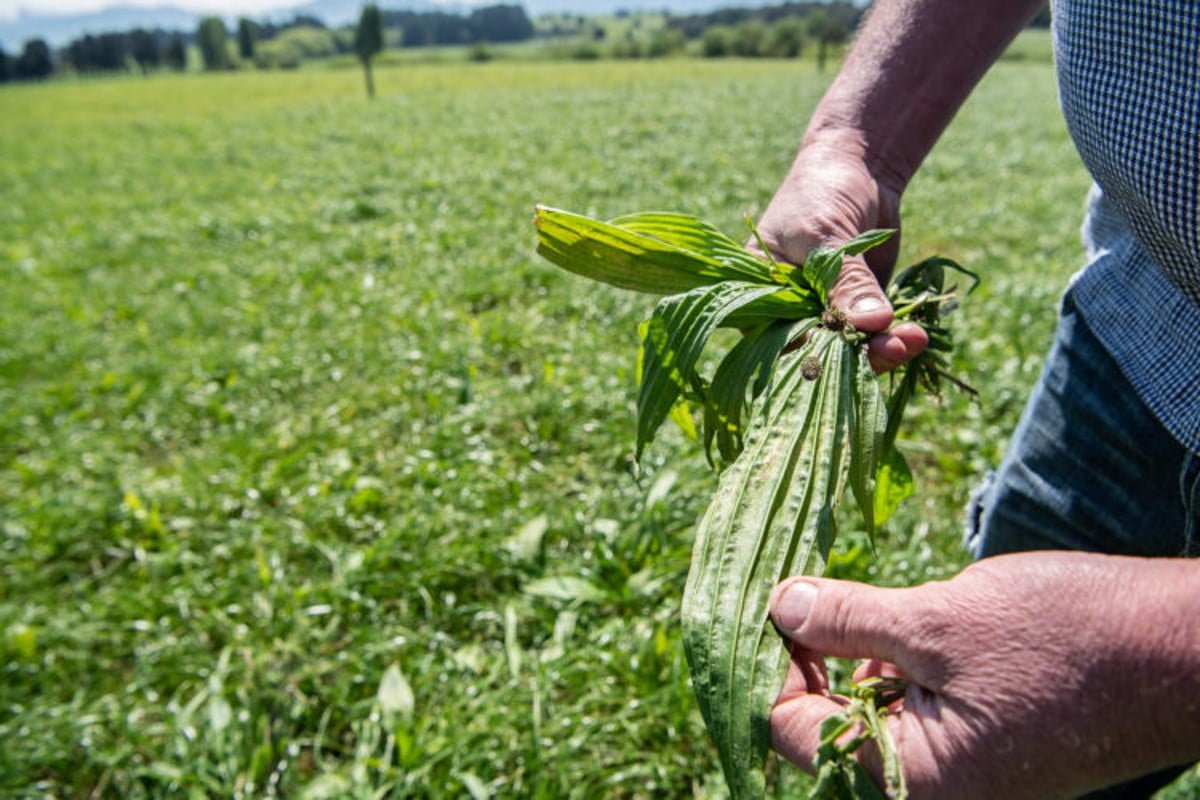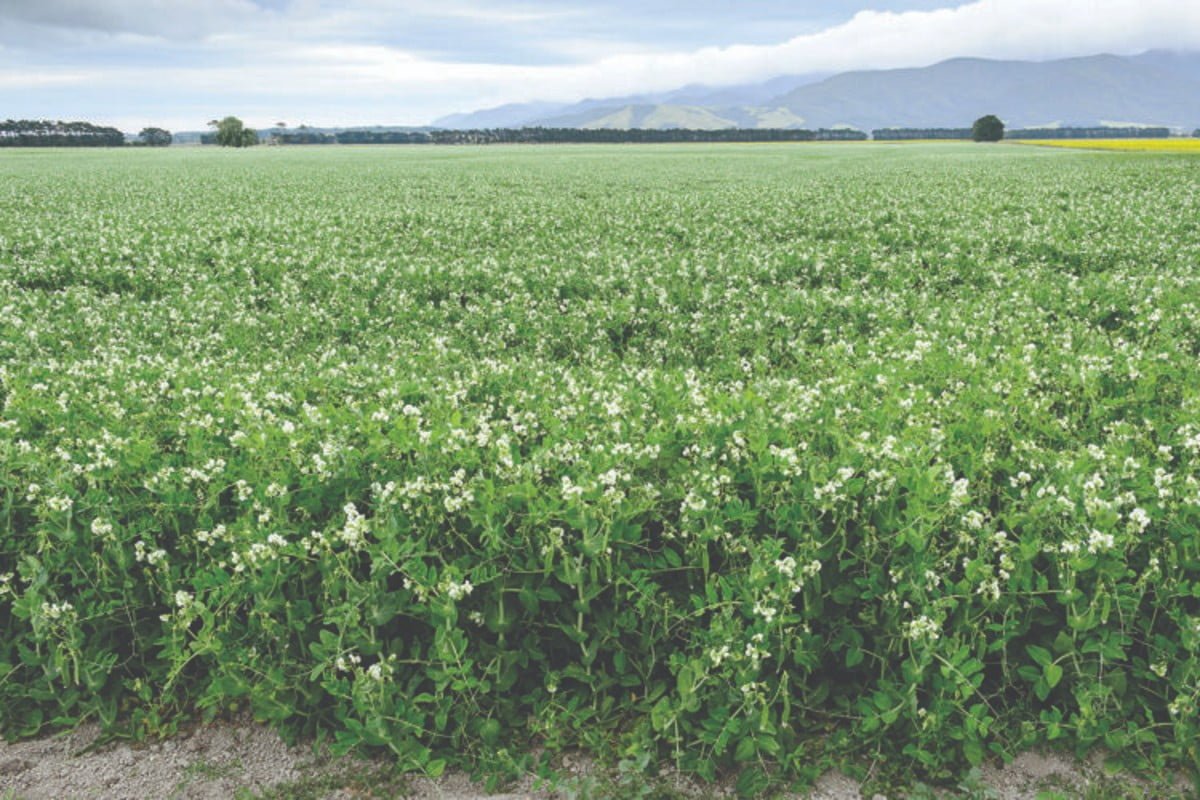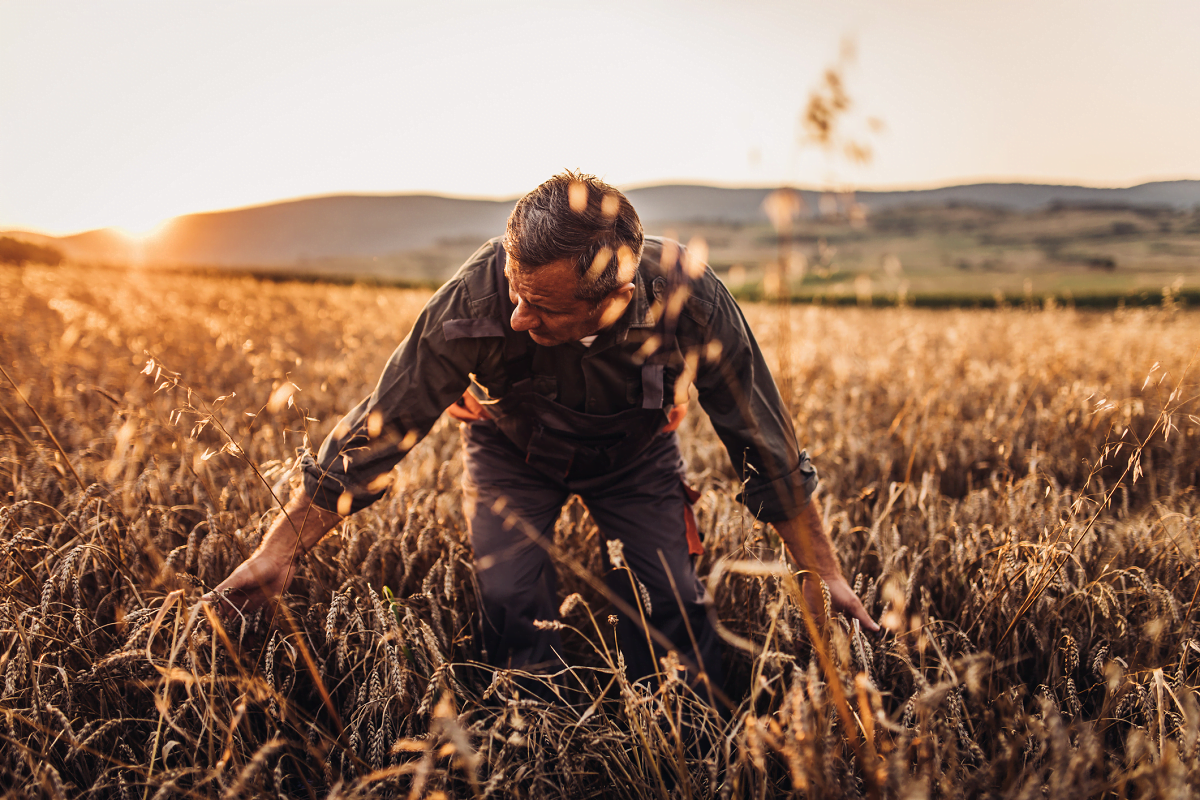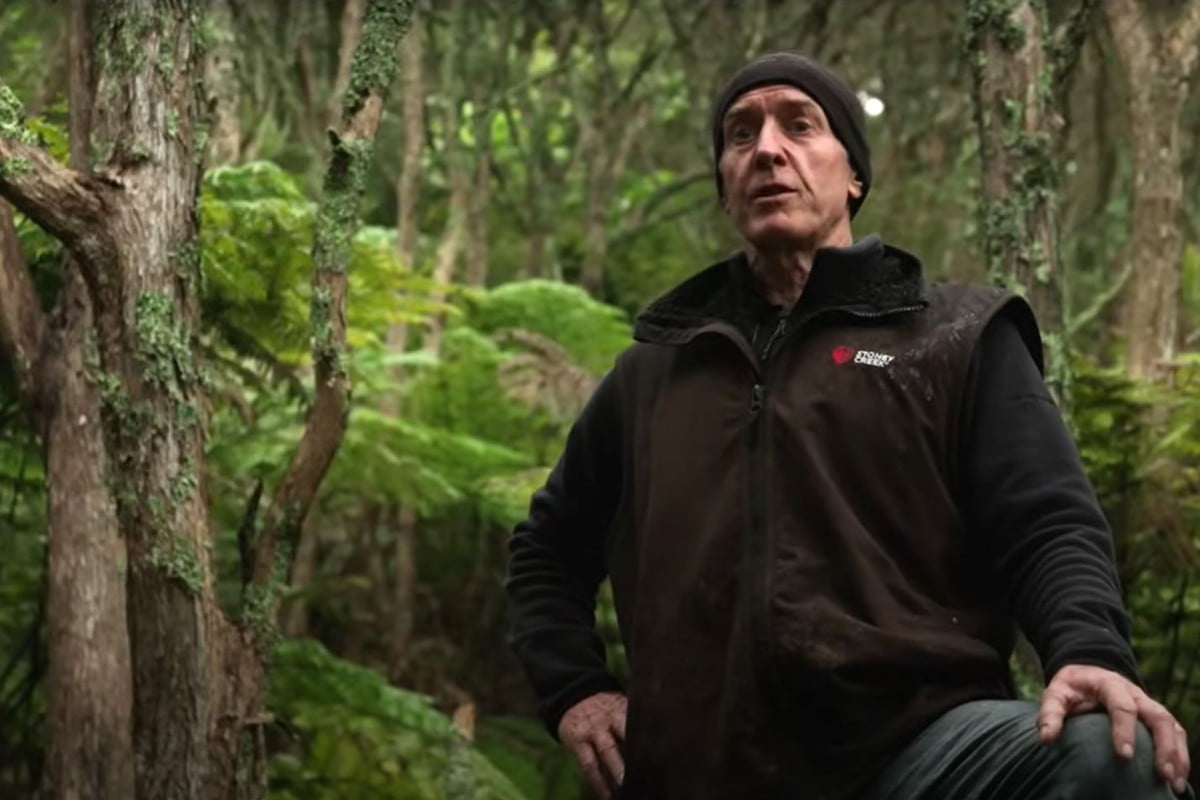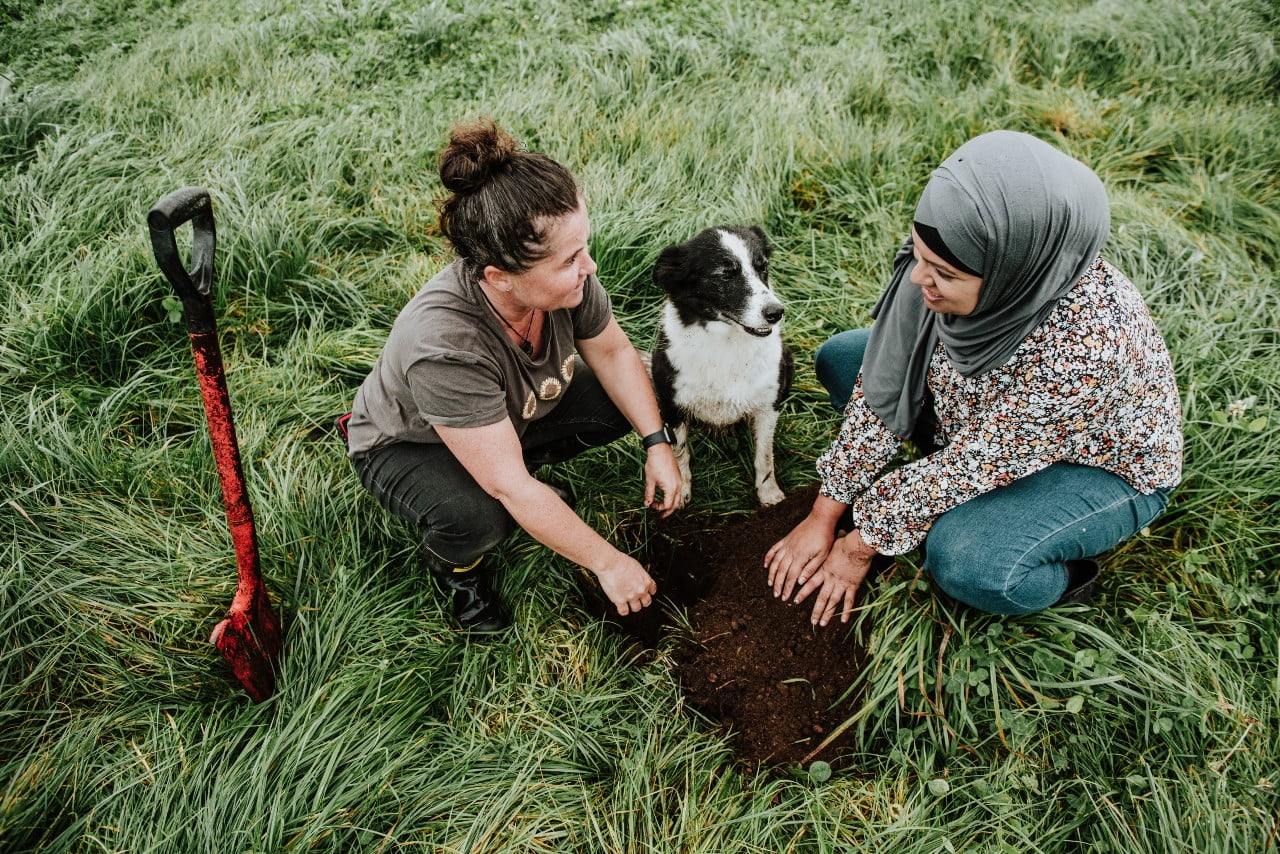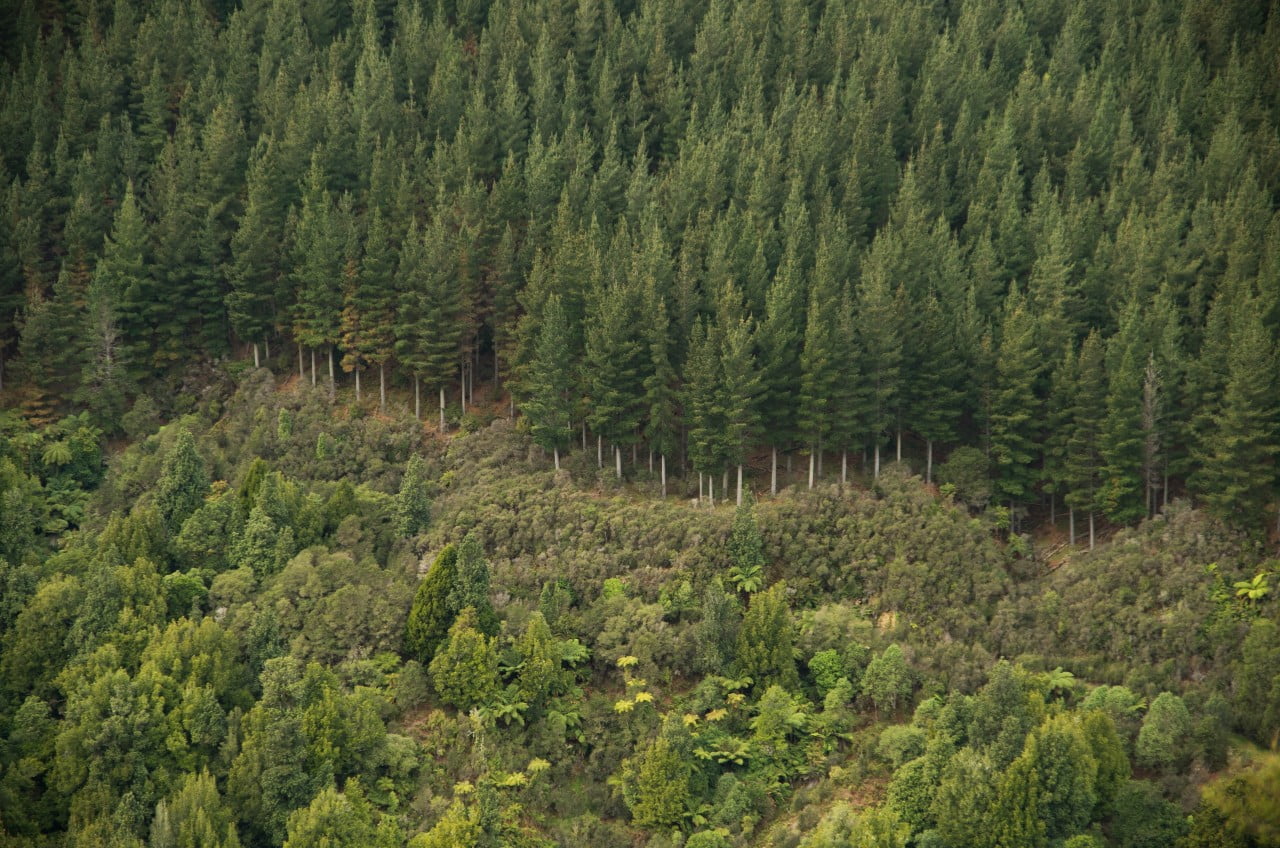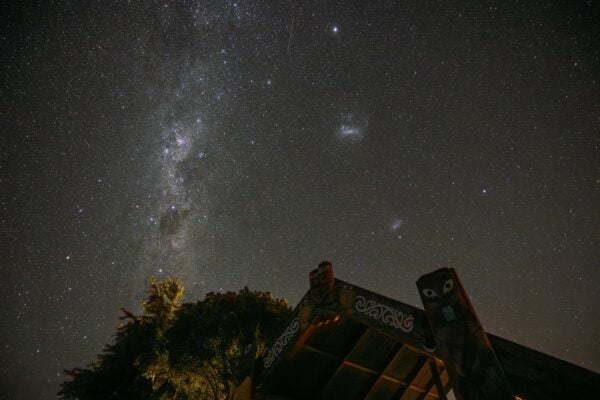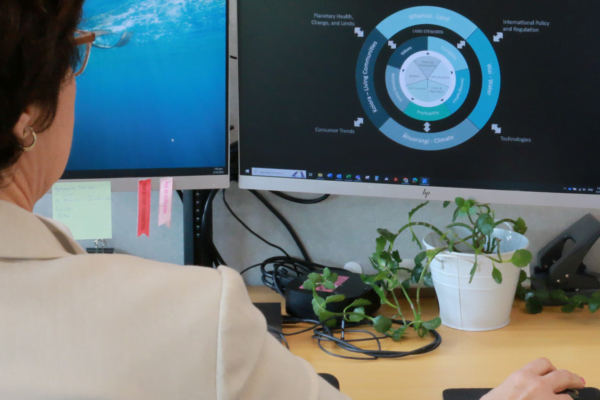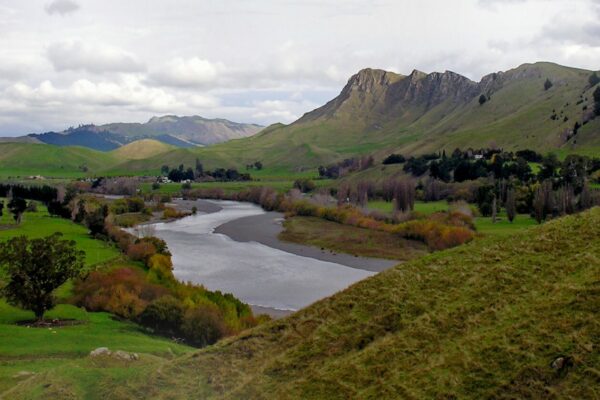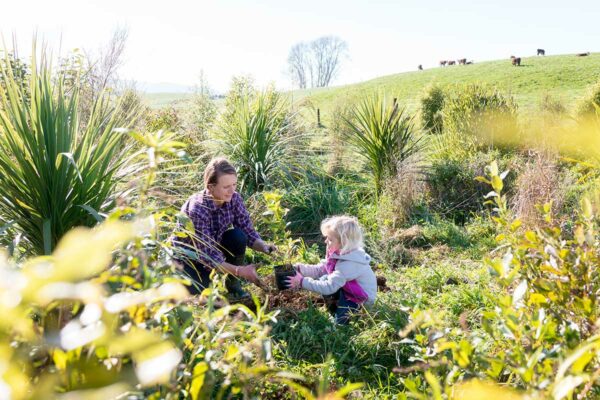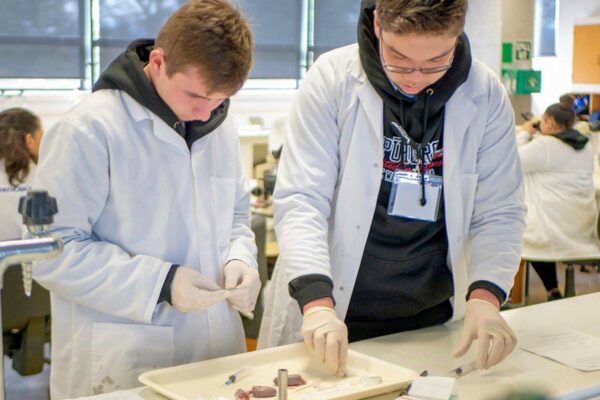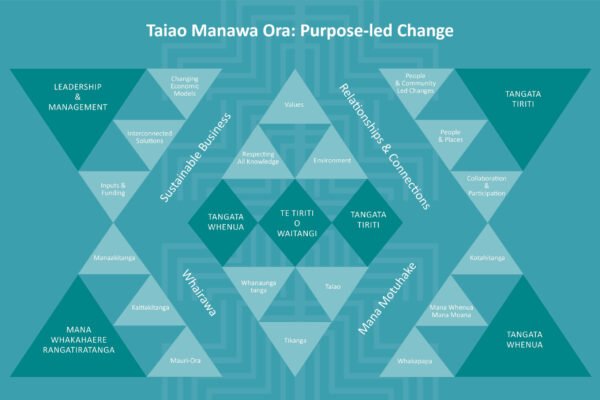Future Scenarios for Arable Agriculture
Modelling pathways to sustainability, resilience and profitability in arable agriculture
Project Details Ngā taipitopito
Collaborators Ngā haumi
Foundation for Arable Research | Manaaki Whenua Landcare Research | University Of Canterbury
What are we doing?E aha ana mātou?
A range of disruptive scenarios could impact New Zealand’s arable sector, such as climate change, new trade agreements or bans, or new technology adoption.
Global and policy-specific scenarios will be developed by this project, with analysis of the consequences of these scenarios on land-use change, resilience, sustainability and profitability over the next 5 to 30 years.
The research will develop an interactive tool to support strategic planning to respond to the risks, opportunities and impacts of these scenarios.
How can the research be used? Ka pēhea e whai take ai te rangahau?
- A decision-support tool will be developed to highlight the effects of major disruptions on the agricultural sector, for different scenario narratives.
- Interactive maps will inform users about a range of indicators including agricultural production, water quantity needed for irrigation, water quality score, greenhouse gas emissions from agricultural production, and carbon-equivalent offset by natural regrowth, native or pine plantation.
- When used by a group of stakeholders, the decision-support tool will allow real-time collaboration to formulate adaptation strategies to comply with environmental targets such as carbon neutrality and freshwater objectives by 2050, and national or regional economic growth objectives.
- This interactive tool is expected to have significant positive effect on understanding major disruptions and how policy is formulated for various stakeholders at regional and national levels (ie. regional councils, national government, iwi, catchment groups), other sectoral stakeholders (eg. dairy, meat and wool, forestry, and horticulture), as well as the broader New Zealand agriculture industry.
- The tool will also support Māori economic interests and the wellbeing of te Taiao, allowing exploration of different pathways and interventions for increasing the profitability, resilience, and sustainability of agriculture in Aotearoa.
 View Our Strategy Document 2019 – 2024
View Our Strategy Document 2019 – 2024



